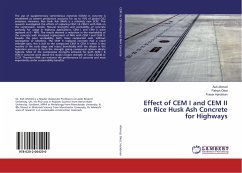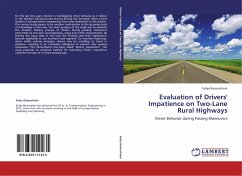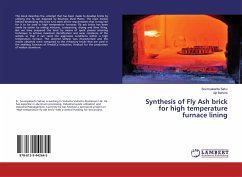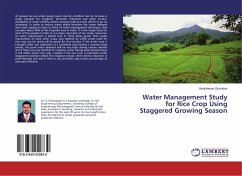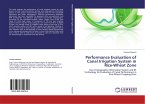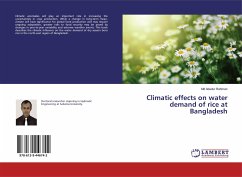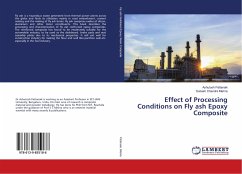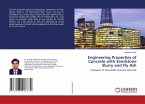The use of supplementary cementitious materials (SCMs) in concrete is established as cement production accounts for up to 10% of global CO2 emissions. However, Rice Hush Ash (RHA) is a relatively new SCM. This research investigated the effects of replacing CEM I & CEM II with RHA on the compressive, tensile, flexural strengths and workability of concrete primarily for usage in highway applications. CEM I and CEM II were replaced at 0 - 40%. The results showed a reduction in the workability of the concrete with increased replacement of RHA with CEM I and CEM II. Despite the poor workability, both mixes compacted well, without segregation or bleeding. The CEM II replaced concrete had a rapid strength gain, this is due to the compound C4AF in CEM II which is very reactive in the early stage and reacts beneficially with the silicate in the hydration process to form the strength giving compound calcium silicate hydrate. Most of the compressive strengths achieved for both CEM I & CEM II concrete were above the study¿s target strength of Class C32/40 or CC37. Therefore RHA can enhance the performance of concrete and most importantly confer sustainability benefits.

